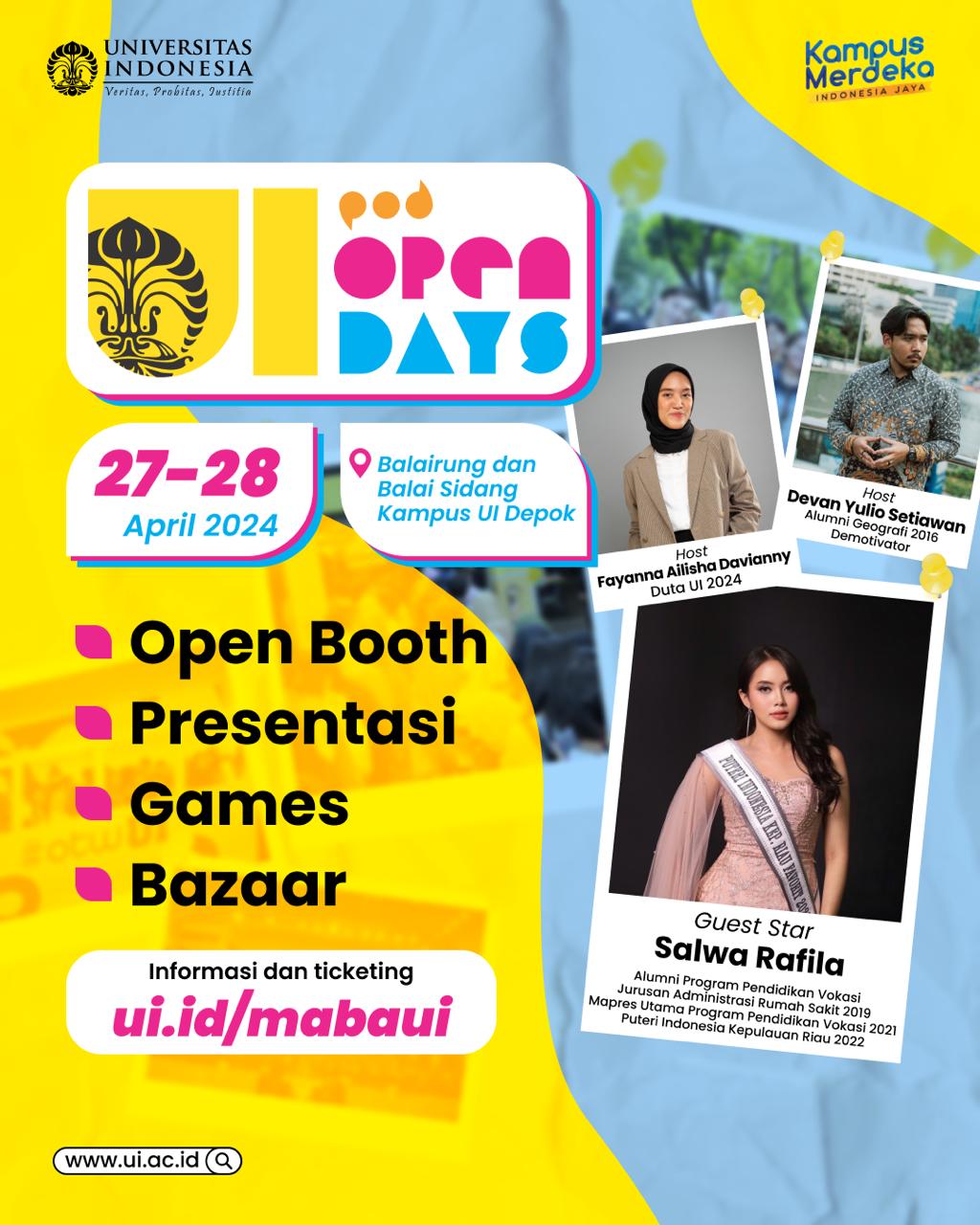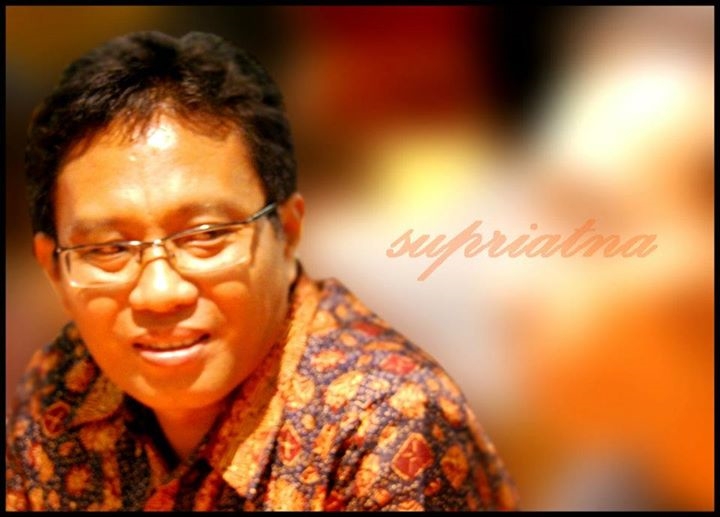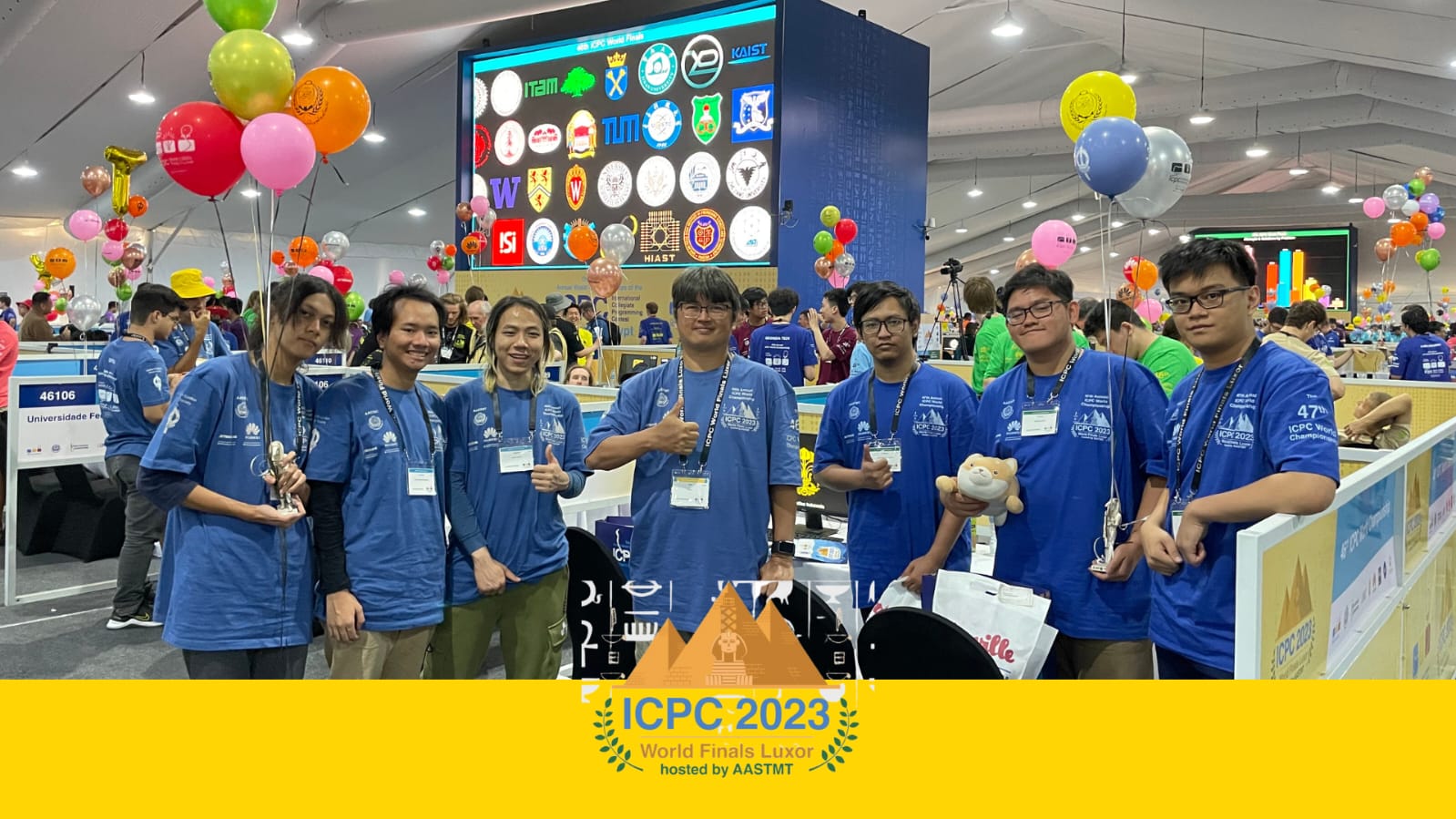
On the second day of the “Universitas Indonesia Investment & Start Up Forum” webinar (Friday, 8/4), it was filled with explanations of innovations and collaborations carried out by academics from the Faculty of Mathematics and Natural Sciences, Faculty of Pharmacy, Faculty of Engineering, Faculty of Computer Science, and Faculty of Economics and Business Universitas Indonesia (UI) “UI Investment & Start Up Forum” is a forum that brings together academics, business people, government, media, and the community. With the penta helix concept, it is hoped that there will be solid collaboration among academics, business people, government, media, and the community, so as to be able to create products that are indeed beneficial to the people of Indonesia.

One example is the contribution made by the Faculty of Mathematics and Natural Sciences UI to the Indonesian health sector through Telemedicine with Data Science and AI based Application. This product was developed to detect various diseases through the human eye. The module developed is one part of ATM-Health which is a collaboration between DSC, MIT USA, AI Center Directorate General of Education and Technology, UI Advisory, UMG-Idealab, Samsung R&D Institute Indonesia, RSUI, Global Risk Management (GRM), IMERI FKUI, and RSCM. The project is implemented over the next five years through various research related fields.
In addition, there are still many innovative products at UI that are directed to answer challenges in the Covid-19 pandemic era. The Dean of Faculty of Mathematics and Natural Sciences UI, Dede Djuhana, Ph.D., said that Faculty of Mathematics and Natural Sciences UI launched the SICOVID portal to describe the distribution of positive patient data related to details (village/kelurahan base) for Java and South Sulawesi. This portal contains several thematic maps which include maps of distribution-prone zones, the reach of referral hospitals and their capacity data, NO2 pollution monitoring as an indicator of PSBB, as well as the results of research and analysis of the Covid-19 Hospital Impact Model for Epidemics (CHIME).
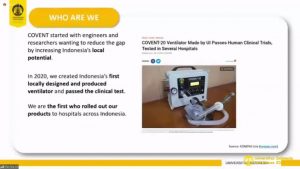
Meanwhile, to detect Covid-19 sufferers, Fasilkom UI collaborated with FK UI to create Covid-19 Detection From X-Ray, CT-Scan, and Clinical Data. According to the Research and Community Service Manager of Fasilkom UI, Adila Alfa Krisnadhi, S.Kom., M.Sc., Ph.D., this mobile app-based application can detect Covid-19 with CT Image output. To handle Covid-19 patients, three innovators from FT UI (Dr. Basari, S.T., M.Eng.; Dr. Ir. Tomy Abuzairi, S.T., M.Sc., M.T., Ph.D.; and Dr.-Ing Ridho Irwansyah, S.T., M.T.) created Oxygenku IoT (Internet of Things) and Centri-Flo.
Oxygenku IoT is an oxygen concentrator that can adjust the patient’s oxygen saturation automatically by utilizing IoT technology. The design of this tool is kept simple so it has good portability. The advantages of IoT oxygen are lower prices, automatic settings, up to 95% oxygen outputwith a flowof up to 3 liters/minute, and are strong and not easily damaged. The Centri-Flo is a respiratory therapy device that utilizes a mixture of air and oxygen with a high concentration flowing at a speed of up to 60 liters/minute. This tool is portable, easy to use, the components are disposable, cost effective, and equipped with smart temperature control and dual mode operation.
“This tool is the result of a collaboration between FTUI, FKUI, ATMI Healthcare, Friendship Hospital, and the Indonesian Lung Doctors Association (PDPI). We want to reduce the gap between local products and imported products because we know that the majority or 90% of health products come from imports. In 2020, we created a ventilator which is now being developed to ICU standards. We added new features such as touch screen, IoT connect, and ICU-mode,” said Dr. Basari in his explanation.

In addition to innovations in the health sector, UI also produces other products that can be used in daily life. One example is the herbal products issued by Faculty of Pharmacy UI. The Dean of Faculty of Pharmacy UI, Prof. Dr. Ary Yanuar, M.Sc., said that there are three Faculty of Pharmacy UI research innovation products. By making use of star fruit, bowls of leaves, ginger, and secang, Faculty of Pharmacy UI makes Belimbing Island, Tingali Hair Growth, and Cae-Zing (botanicaldrink) products. Belimbing Island is a personal care product from Depok made from star fruit extract. Selected starfruit contains a lot of anti-oxidants.. Meanwhile, the leaves of the Mangkokan which are traditionally used for hair care are used to make a hair tonic product called Tingali Hair Growth.
Innovation is also developed in the social and humanities fields. According to Adila Alfa, Fasilkom UI has created several platformsthat can be used by the community. Ecotoo is a crowdfundingplatform for tree planting and carbon emission accounting. Notarius.id is a platformthat can be used to facilitate the work of notaries. AISCO is an automated websiteapplication generator platformfor social organizations. Meanwhile, KIBI (SIBI Sign Language Communication System) can be used to assist sign language communication for the deaf and mute community.
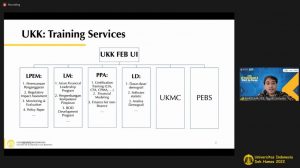
In the final session of the webinar, the Dean of Faculty of Economic and Business UI, Teguh Dartanto, Ph.D, explained the innovations designed by the Faculty of Economic and Business UI Special Work Unit (UKK). With the title “Innovation in Consulting and Training Services: Going to Metaverse” Faculty of Economic and Business UI will develop metaverse-based onlineeducation. Students can build study spaces where they collaborate, study together, and socialize. Using Virtual Reality(VR) and Augmented Reality (AR), students can participate in simulations and games as if they were physically present. This of course can be a contribution to the field of education in an increasingly advanced era of globalization.

